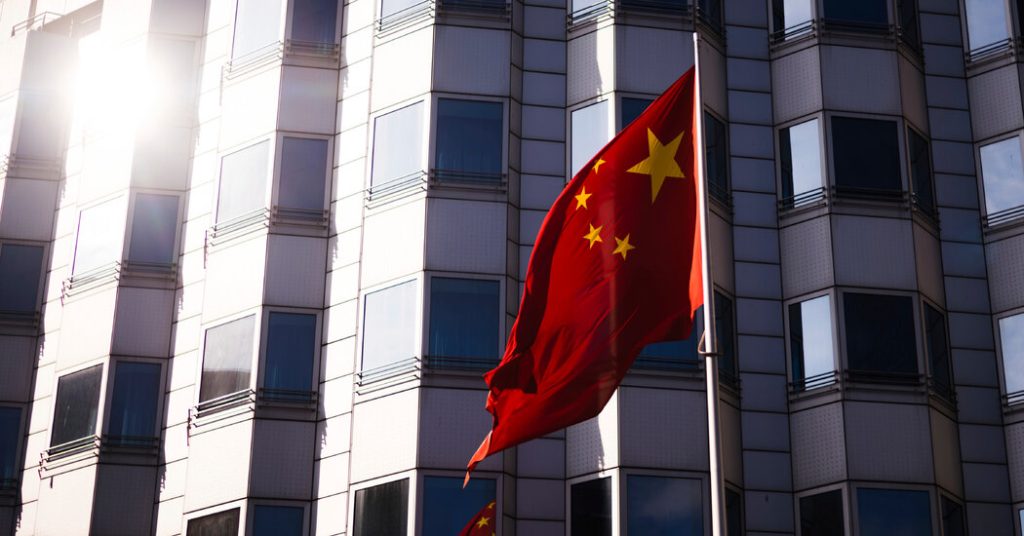Recent espionage cases involving six people accused of spying for China in Britain and Germany have raised concerns about Chinese influence in Europe’s politics and commerce. These cases represent a shift in Europe’s attitude towards China, with countries becoming more aware of the dangers posed by Chinese espionage and influence operations. The European Union has also taken action to crack down on unfair trading practices by raiding the offices of a Chinese security equipment supplier.
European countries have been forced to confront the reality of Chinese influence and espionage, with accusations of spies infiltrating the democratic process in Germany and Britain causing particular alarm. While China has denied these accusations, experts argue that European countries have become more vigilant in responding to the perceived threat. Countries like the UK, Germany, and others in the EU see the need to defend their interests against Chinese interference.
Formerly warm relations with Beijing have cooled as Europe has become less willing to tolerate Chinese espionage and influence operations. Political figures like former British Prime Minister David Cameron, who once promoted strong ties with China, have now become critics of the Chinese government. European countries, led by Germany’s vocal warnings about the risks of trusting China, are taking a more assertive stance against Chinese interference in business, industry, and politics.
Efforts by China to gain influence and obtain sensitive information through espionage and influence operations in Europe have been highlighted by recent espionage cases. The use of a network of individuals susceptible to pressure from the Chinese Communist Party poses a significant threat to European countries. This latent network, along with traditional espionage activities, presents a challenge for European nations seeking to protect their democratic processes and national security.
The cases involving individuals accused of spying for China, such as Christopher Cash and Christopher Berry in the UK, underscore the seriousness of the threat posed by Chinese espionage. These individuals, working in sensitive positions in government and politics, have been charged with violating the Official Secrets Act by providing information to China. The arrests of these individuals and others in Germany demonstrate the need for European countries to strengthen their defenses against Chinese influence and espionage.
As Europe grapples with the issue of Chinese interference, China’s influence in the region remains a contentious issue. While China still has allies within the EU, European countries are increasingly wary of Chinese activities and are taking steps to counter Chinese influence. Recent espionage cases and crackdowns on unfair trading practices are part of a broader effort to protect European interests and safeguard national security against the dangers posed by Chinese espionage and influence operations.


